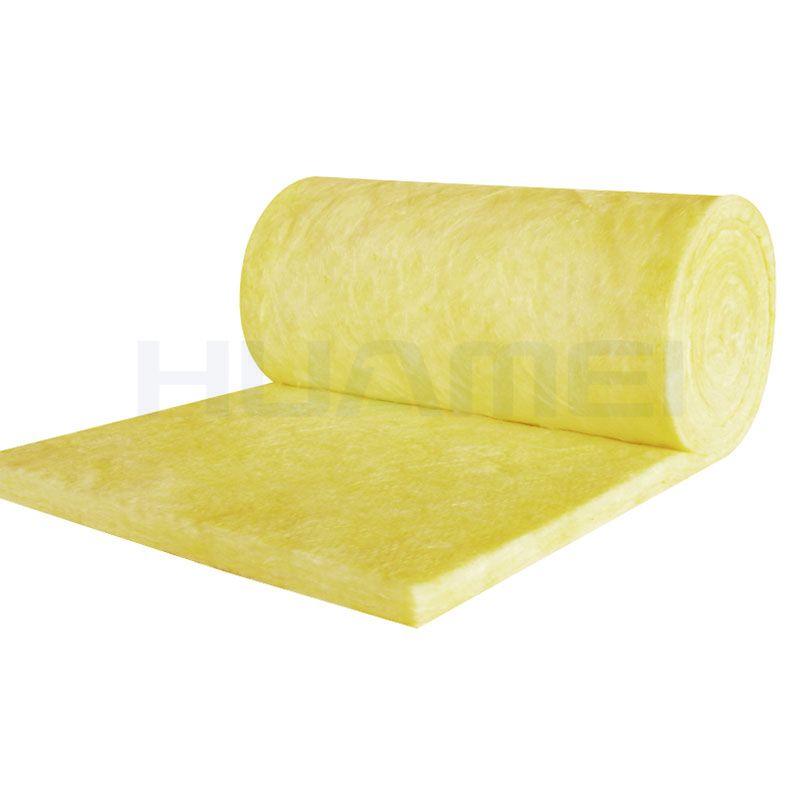E-mail: marketing@hbhuamei.com
When it comes to insulation and construction materials, glass wool stands out as a versatile and efficient choice. Its unique properties make it a popular option for various applications, catering to both residential and industrial needs.
Glass wool is a type of insulation material made from recycled glass and other additives. This composition results in a fibrous and lightweight material that excels in thermal and acoustic insulation.

One of the primary uses of glass wool is in insulating homes and buildings. Its excellent thermal insulation properties help regulate indoor temperatures, keeping spaces warmer in winter and cooler in summer. This not only enhances comfort but also contributes to energy efficiency, reducing heating and cooling costs.
Beyond its thermal insulation capabilities, glass wool is a top choice for soundproofing applications. Installations in walls, ceilings, and floors effectively absorb and dampen sound, creating quieter and more peaceful environments. This makes it a go-to material for music studios, home theaters, and commercial spaces.
The versatility of glass wool extends to industrial settings. It is commonly used for insulating pipes, boilers, and equipment in various industries. The material's resistance to high temperatures and fire makes it a reliable choice for ensuring safety and efficiency in industrial processes.
Glass wool's unique combination of properties, including its lightweight nature, fire resistance, and excellent thermal and acoustic insulation, sets it apart from other materials. Its adaptability to different environments and easy installation make it a preferred choice for builders, architects, and homeowners alike.
Q: Is glass wool safe for residential use?
A: Yes, glass wool is safe for residential use. It is non-combustible and does not release harmful gases, making it a secure choice for insulation.
Q: Can glass wool be recycled?
A: Yes, glass wool is recyclable. Its composition allows for the recycling of the material, reducing environmental impact and promoting sustainability.
Q: How long does glass wool insulation last?
A: Glass wool insulation has a long lifespan, typically lasting for several decades. Its durability ensures long-term effectiveness in maintaining thermal and acoustic comfort.
Q: Is glass wool suitable for DIY insulation projects?
A: Yes, glass wool is suitable for DIY projects. However, it's essential to follow proper safety guidelines and use protective gear during installation to minimize exposure.
From homes to industries, glass wool's versatility makes it an indispensable material for insulation and soundproofing. Its eco-friendly properties, coupled with high performance, position glass wool as a leading choice in the world of construction and beyond.
Copyright © Huamei Energy-saving Technology Group Co., Ltd. All Rights Reserved | Sitemap | Privacy Policy
Insulation solutions LIST: Insulation solutions LIST